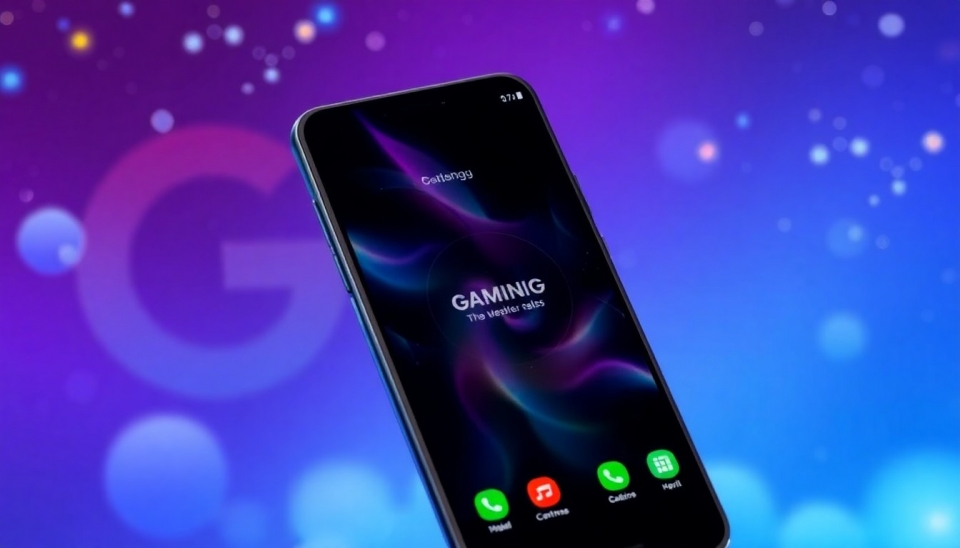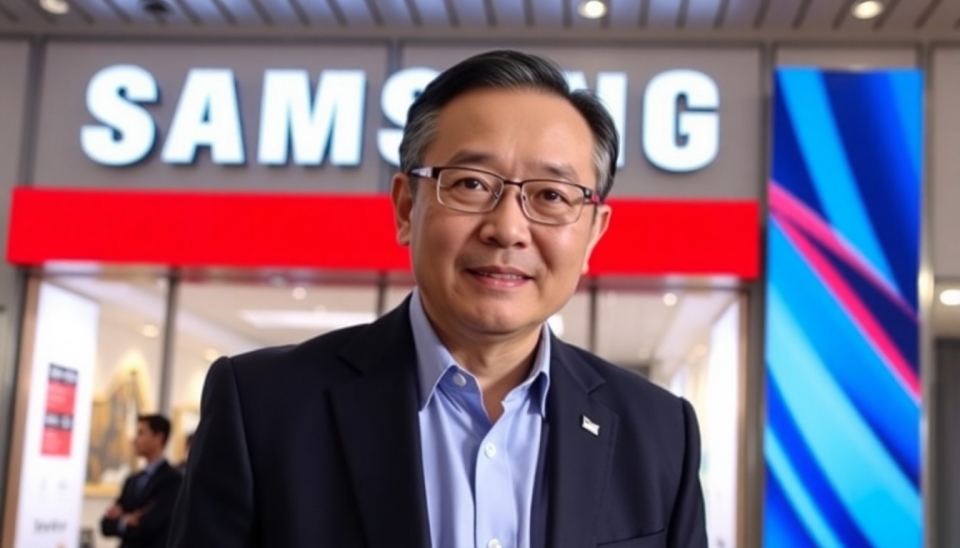
In a surprising move that has sent ripples through the financial markets, Samsung Electronics, the South Korean tech giant, has announced an extensive share buyback program amounting to $7 billion. The initiative is set to unfold over the next year, aimed at bolstering shareholder confidence amid a challenging market landscape.
This decision comes on the heels of a turbulent earnings season for Samsung, where the company faced significant headwinds attributed to a downturn in demand for semiconductors and weakening sales in its mobile division. Despite these challenges, Samsung remains optimistic about its long-term growth prospects and aims to utilize this buyback strategy as a means to enhance its stock value and provide a buffer against market volatility.
Samsung's buyback strategy is a substantial one, marking one of the largest in the company's history. The program is expected to deploy funds gradually and is designed to stabilize Samsung's stock price while reflecting the company's commitment to its shareholders. The buyback will involve repurchasing shares over a 12-month period, with the tech giant promising to retire the acquired shares. This move signals Samsung's confidence in its ability to rebound from current economic pressures and in its future growth trajectory.
Market analysts view this announcement as a calculated response to criticism regarding Samsung’s stock performance, which has struggled in the face of economic uncertainties and intense competition in the tech sector. By initiating this buyback, Samsung is not only addressing shareholder concerns but is also signaling a vote of confidence in its operational strategy and business fundamentals.
The company’s announcement was coupled with insights from its executives who highlighted that returning capital to shareholders remains a priority amid their long-term investment strategies. This proactive financial maneuver is seen as a way to attract and retain investors, especially in an environment where tech companies face mounting challenges from both global economic pressures and fierce competition.
Samsung is also exploring additional strategies to maintain its competitive edge, including diversifying its product lines and expanding into emerging technologies such as AI and 5G. As the tech landscape continues to evolve, the company aims to reinvigorate growth while keeping its stakeholders satisfied with robust returns.
This move by Samsung is being positioned not only as a financial strategy but as a message of resilience to its investors. As the company navigates through the complexities of the current technology market, the buyback program is a crucial component of its broader commitment to sustainable growth and shareholder value enhancement.
As the news of the buyback reverberates through financial circles, many investors are eager to see how this initiative will impact Samsung's stock price and overall market standing in the coming months. With the technology sector facing a period of transformation, Samsung's confidence and decisive action could set the tone for other companies in the industry.
In conclusion, Samsung's $7 billion buyback announcement not only underscores the company's commitment to its shareholders but also reflects a strategic approach to counterbalance current economic challenges. As the global tech economy evolves, all eyes will be on Samsung to see how this bold move plays out in their stock performance and long-term growth strategy.
#Samsung #Buyback #Investing #TechNews #MarketStrategy #ShareholderValue #FinancialNews
Author: John Miller




